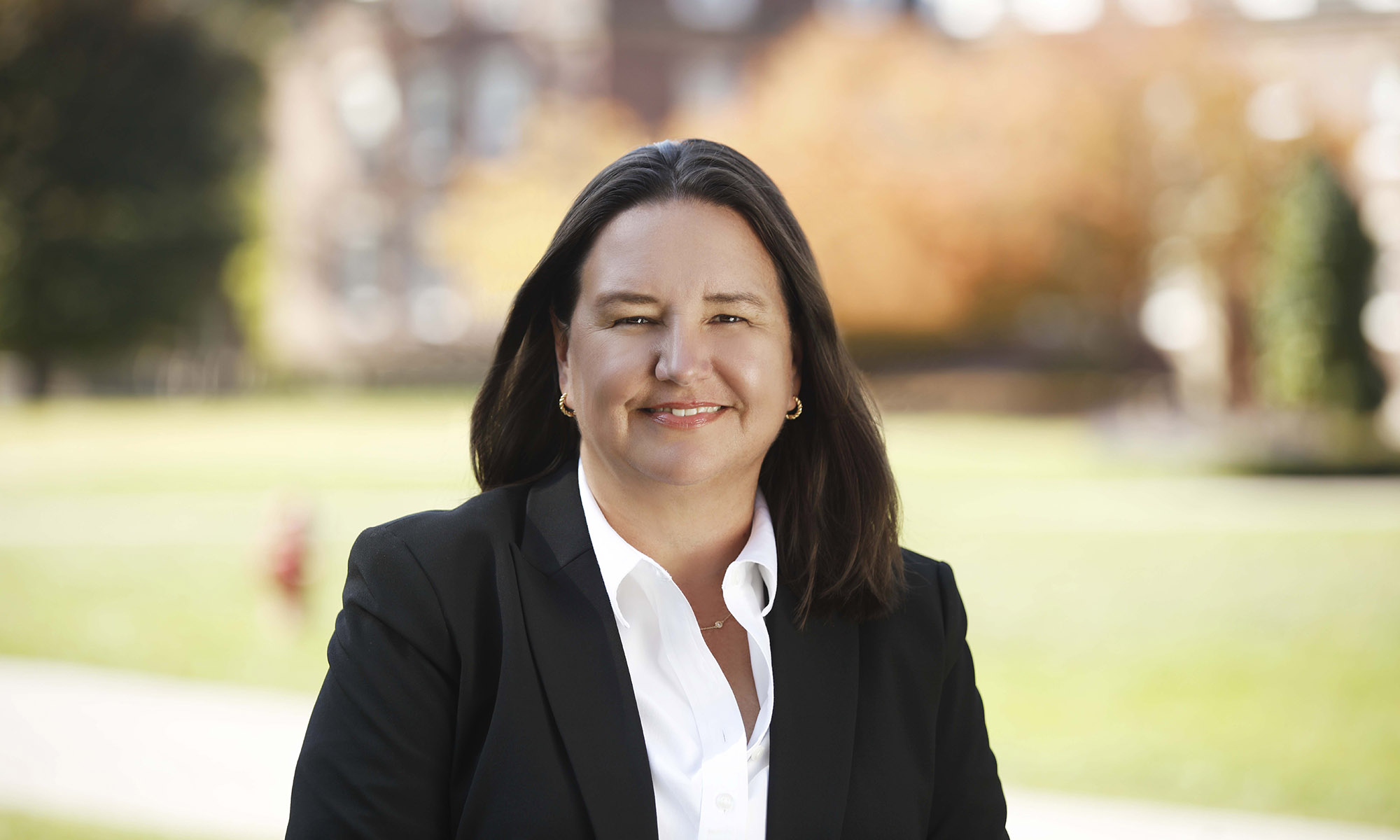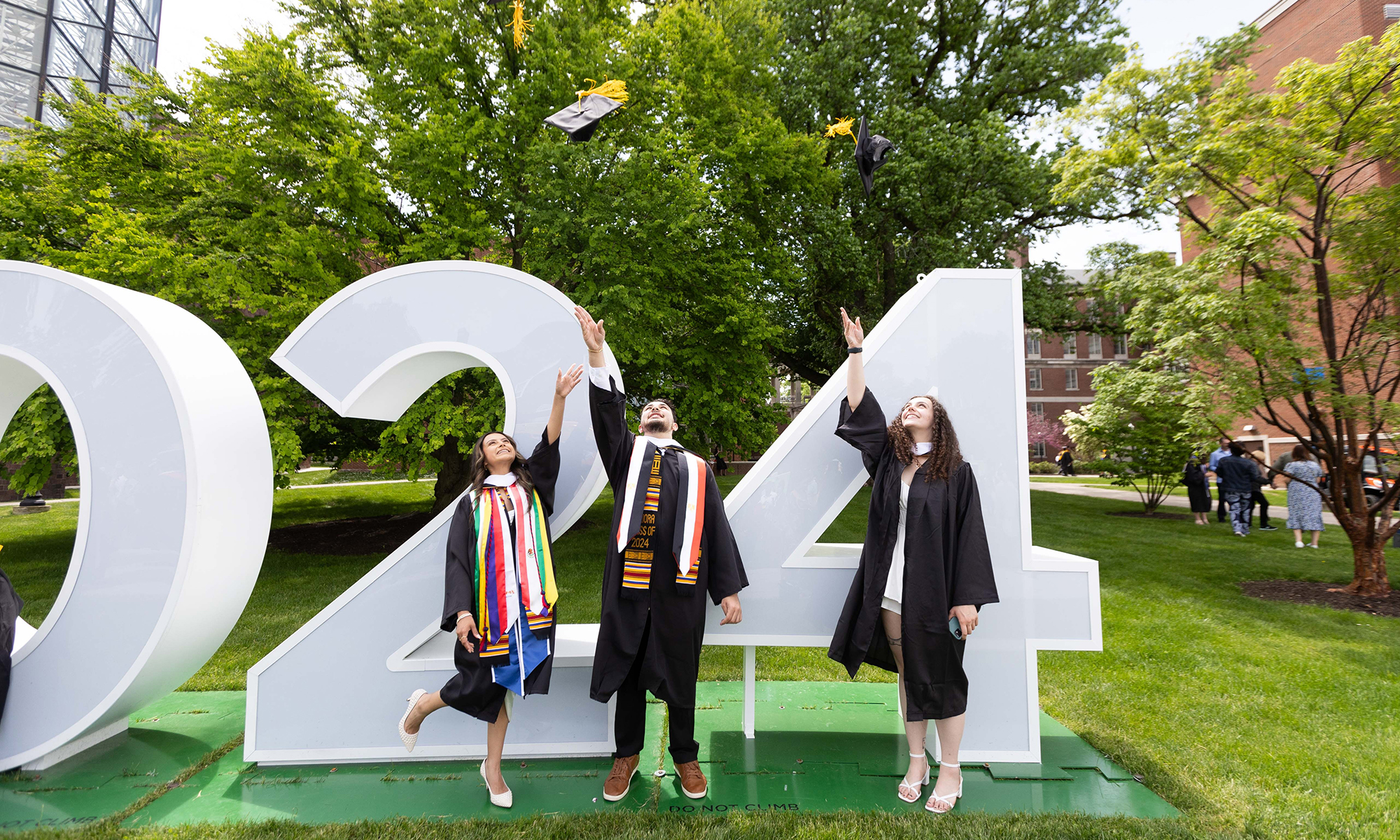The only way to beat racism is to admit we’ve been racist in the past, Ibram X. Kendi told a virtual audience of nearly 3,000 Wednesday night as the University of Rochester celebrated the 20th anniversary of the Martin Luther King Jr. Commemorative Address.
“The very heartbeat of racism is denial,” the best-selling author, antiracist activist, and Boston University professor said in an hour-long Zoom event. “When people say they’re not racist, they’re sharing the words that white supremacists use. Jim Crow segregationists said they weren’t racist. Lynchers argued they weren’t racist; the problem was the people they lynched. Slave owners said the same thing.
“But to be antiracist is to say ‘that chokehold was racist and that policy that has impoverished that community was racist. When I supported it, I was being racist, but I’m going to change it and be different.”’
Kendi spoke with moderator Kristin Doughty, associate professor of anthropology, director of the University’s Susan B. Anthony Institute for Gender, Sexuality and Women’s Studies, and interim director of the Frederick Douglass Institute.
Before the event, Kendi engaged in an online Q&A with University student leaders.
Kendi, named one of Time magazine’s 100 most influential people of 2020, is the Andrew W. Mellon Professor in the Humanities and the Founding Director of the Boston University Center for Antiracist Research. He won the 2016 National Book Award for nonfiction for Stamped from the Beginning: The Definitive History of Racist Ideas in America. His recent book, How to Be an Antiracist, was a New York Times bestseller this year and was described by the Times as “the most courageous book to date on the problem of race in the Western mind.”
Kendi’s work has appeared in the New York Times, Washington Post, Time, and Salon, and he is a guest commentator on CNN, ABC, CBS, MSNBC, NPR, and the BBC.
Kendi addresses police violence, COVID-19
Kendi discussed two incidents involving Rochester police that made national news—a 9-year-old girl who was handcuffed and pepper sprayed following a domestic disturbance, and the case of Daniel Prude, who died after being physically restrained by officers while he was experiencing a mental health crisis.
The Prude situation hit home to Kendi. “I don’t know if I’ve ever said this publicly, but that was devastating to me on multiple levels,” he said. “My brother suffers from a mental disability. That could have been my brother. The fact that those officers were (not charged) because they were following procedure says everything that’s wrong with those officers and procedure.”
Kendi also was distraught after watching video of the 9-year-old girl being pepper sprayed in the back seat of a police car. “One of the most horrific racist ideas, especially for parents of Black children, is to know that Black children are treated like adults and Black adults are treated like children. You know that police officers and society in general are not going to look at your 9-year-old and see a child.”
Kendi said that when many activists talk about “abolishing the police,” they are actually talking about abolishing violence. “It’s important to realize that the most dangerous racist idea is the idea of the dangerous Black neighbor,” he said. “Across this country, there are all-Black neighborhoods with low levels of violent crime, just like there are all-neighborhoods with high levels. The distinction? Neighborhoods with low levels of violence have low levels of poverty and unemployment. All Black people need—all anyone needs—are resources and opportunities.”
People of color in the United States have suffered a disproportionate number of deaths due to the coronavirus. In a perfect world, Kendi said, there would be racial demographic data to pinpoint the “hotspots of racial disparity” in order to respond in real time.
“That data from the beginning would have been critical,” he said. “Black people are dying at the highest rate, not because of pre-existing conditions, but because they can’t work from home. Essential workers, people working in the service industry, can’t do that. And Black people die at higher rates because they don’t have access to health insurance, and there are folks living in the highest levels of air and water pollution.”
“As we sit on the other side of 500,000 people dead from coronavirus when are we as a people going to take our lives seriously? The people who look like us and don’t look like us?”
The MLK address was instituted by the University in 2001 to promote issues of diversity, freedom, civil rights, and social justice in order to commemorate King’s legacy. The event is hosted by the Office of the Minority Student Affairs and the Office of the President and cosponsored by the Office of Equity and Inclusion and the Office of Alumni Relations and Constituent Engagement.
Past speakers include Jesse Jackson, Andrew Young, Michael Eric Dyson, Maria Hinojosa, and Symone Sanders, chief spokesperson for Vice President Kamala Harris.


